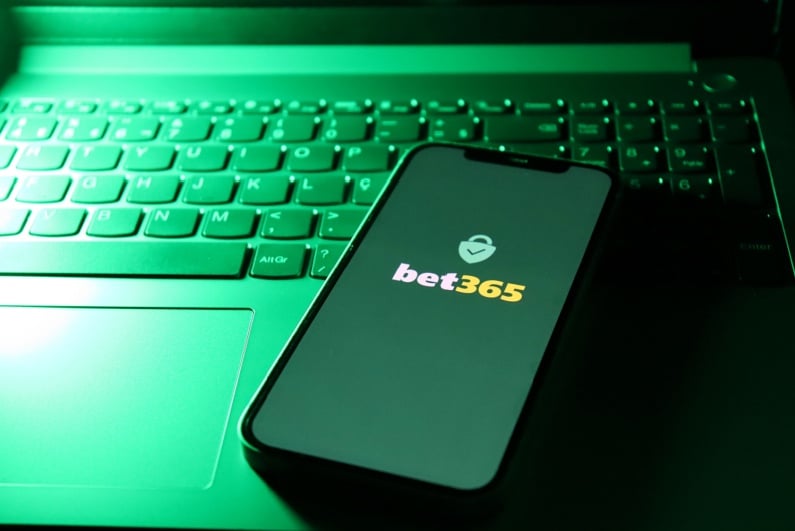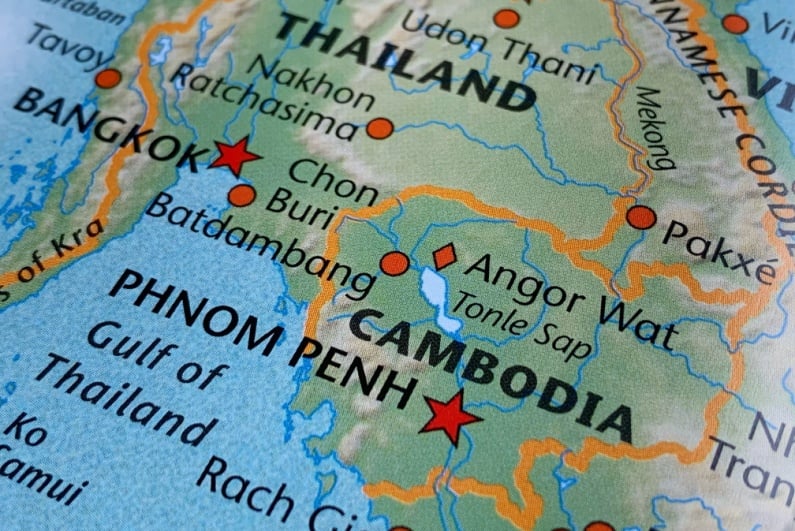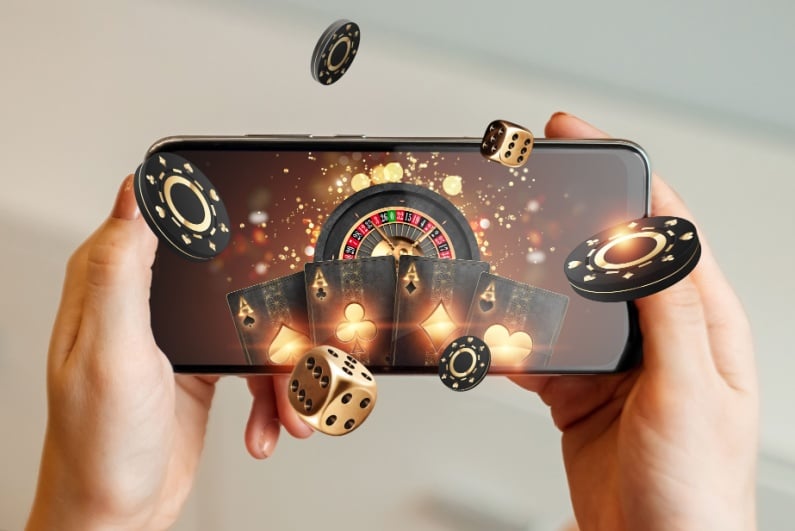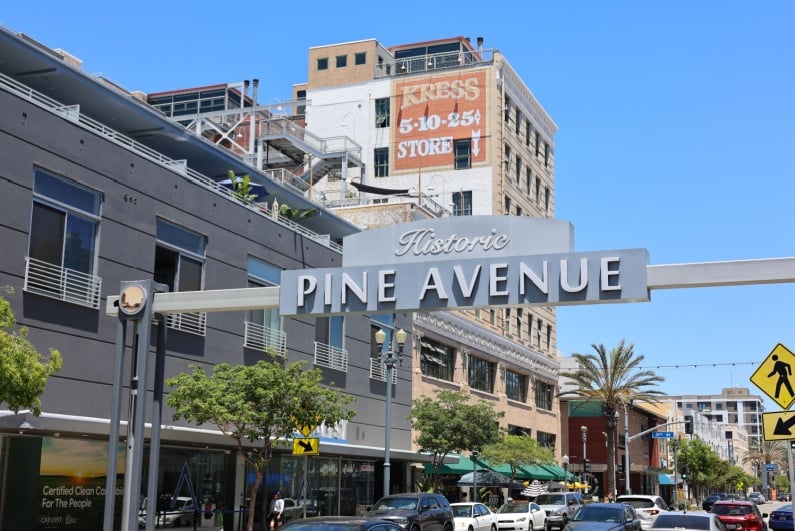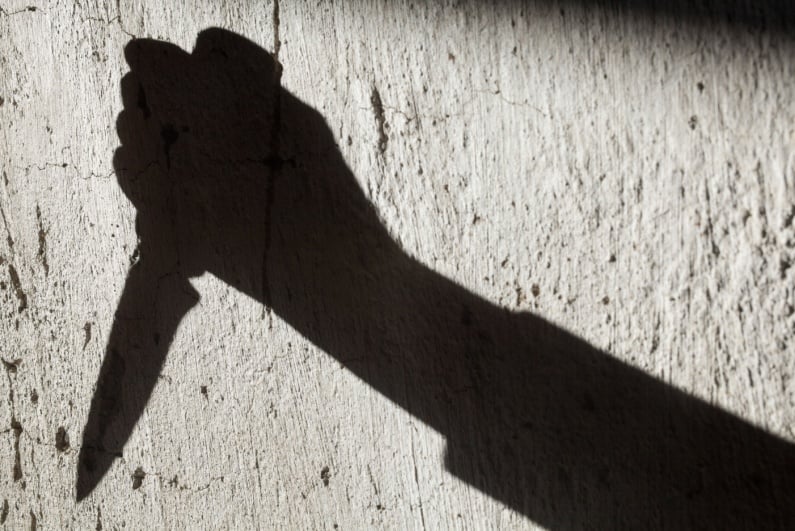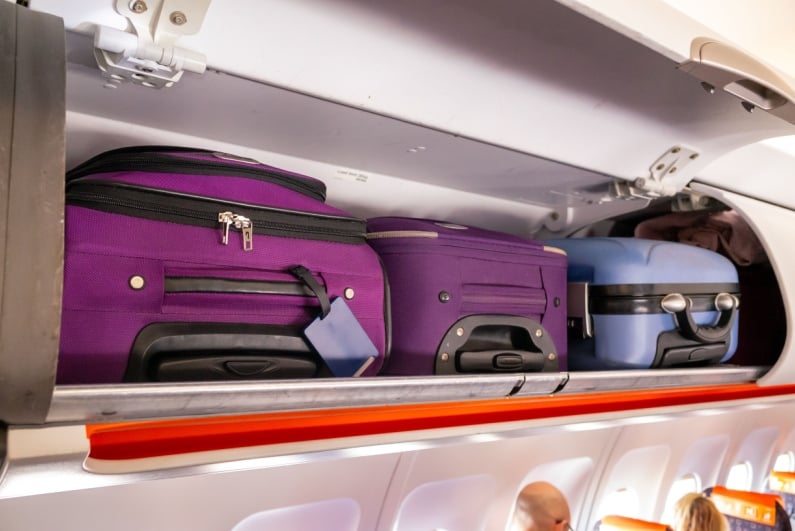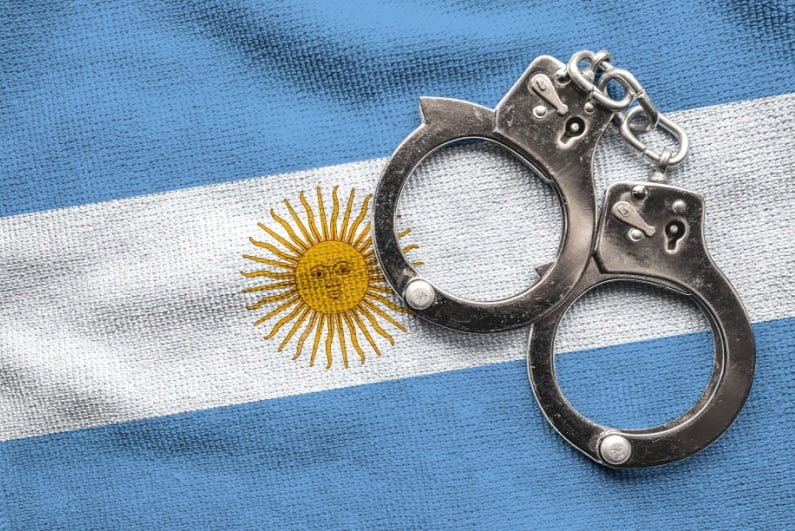
Latest News Stories
Casino News
Crime
Most viewed articles
- What Was Your Favorite Piece of Poker Content In 2025? 20 Poker Players Weigh In
- Dara O’Kearney: The Hand That Blew Minds in the Green Isle
- Trainwreck Claims Stake Owes Him Billions After Revenue Screenshot Leak
- Operation Coast to Coast Sees 130 Detained at Illegal Gambling ‘Casitas’ in Los Angeles
- Anthony Joshua Unboxes $400k Polymarket Necklace Ahead of Jake Paul Fight
- Best New Online Slots of the Week | December 26, 2025
- Family Seeks Answers After Man’s Fatal Fall at Washington Casino
- Vegas Knife Killer Says Smoking PCP Messed Him Up
- Canadian Visitors Vanish as Las Vegas Sees Tenth Straight Month of Declines
- Gambling Operators That Won and Lost in 2025







